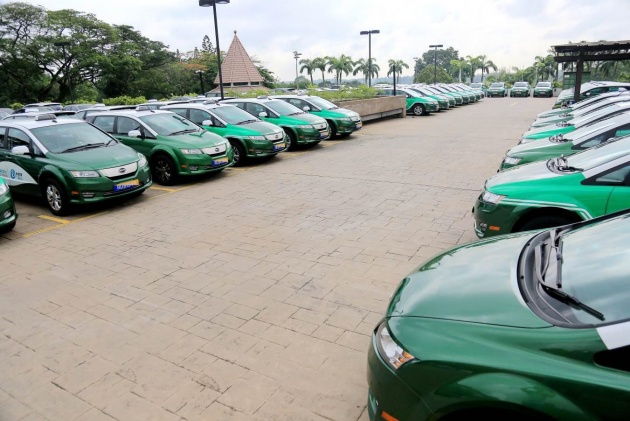Singapore will ban the registration of new diesel-powered cars and taxis from 2025, or five years sooner than previously scheduled, according to a Bloomberg report. At present, around 2.9% of passenger vehicles and 41.5% of taxis are fuelled by diesel, according to figures from the city-state’s Land Transport Authority.
The forthcoming ruling will not affect goods delivery vehicles and buses, according to the Singapore government. Singapore plans to install 60,000 EV chargers by 2030, of which two-thirds will be in public car parks while the rest will be on private premises, the country’s Land Transport Authority said.
A new government body is being established to spearhead electric vehicle-related policy, while consultations for private sector participation will be held later this month, according to the report.
“These measures will support Singapore’s targets to cease new diesel car and taxi registrations from 2025, require all new car and taxi registrations to be of cleaner-energy models from 2030, and have all vehicles run on cleaner energy by 2040,” the LTA said.
Part of the plan will be for new housing developments in the country to support EV charging for 15% of the development’s parking lots, while the Singapore government has also announced other measures to reduce carbon emissions, including a greater emphasis on solar energy, the planting of another one million trees, the expansion of rail and cycling networks, and a 20% reduction of waste sent to landfill in five years.
This time last year, Singapore announced that it will be acquiring buses that are only hybrid and electric-powered, and has already deployed 50 diesel-electric buses the year before that. A further 60 fully electric buses have been purchased last year for progressive deployment, Singapore senior minister of state for transport Janil Puthucheary said.
The post Singapore to ban diesel cars, taxis from 2025: report appeared first on Paul Tan's Automotive News.



0 Comments